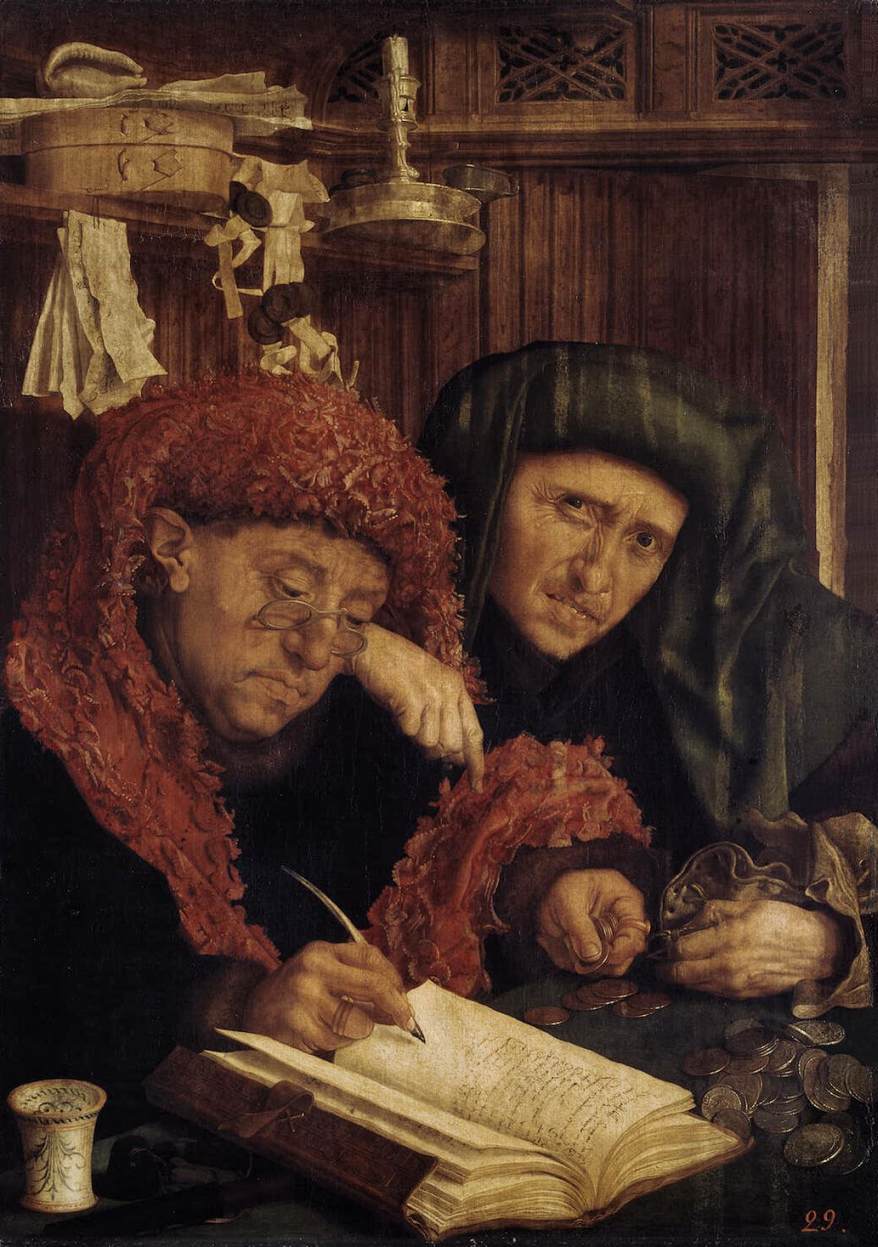Subjects like history, geography, literature and languages are no longer popular. Fewer students are enrolling in arts and humanities courses because they offer limited jobs. It is not so much the case that students only care for money, but that students want to study subjects that will help them find employment.
The other, rather obvious, trend is that economic reasoning dominates our lives. Media outlets rely heavily on economists to explain worldwide events and offer their views on everything, from financial meltdowns to political crises.
The authors believe that, rather than saving the humanities by dehumanizing them, economics could benefit from understanding people better. Academics in the humanities enjoy reading stories, but economists do not, according to the book. In the humanities, the authors believe that stories inspire and teach empathy while in economics, they distract from the analysis of data….
There are times when a political leader must decide which policy to follow and a formula that can be calculated mathematically will simply not do. Uncertain situations require sound judgment. Scientific knowledge cannot provide an adequate solution, but wisdom can prevent us from falling into a pit, the authors opine.
Famous Russian novelist Leo Tolstoy explained the difference between wisdom and science in the context of the Battle of Austerlitz, depicted in his literary epic, “War and Peace.” Before the battle, most Russian generals believed that French leader Napoleon was in an impossible situation. The novel’s hero, Prince Andrei, thought he had mastered the science of warfare and was convinced that Napoleon did not have a chance and was doomed to lose. General Kutuzov did not share Prince Andrei’s high hopes, which were pinned on scientifically-based plans. Experience had taught him not to expect any certainty in a battle. Indeed, the Battle of Austerlitz turned out to be Napoleon’s greatest victory.
h/t Robert Townsend @rbhisted
The book is Cents and Sensibility: What Economics Can Learn from the Humanities, by Gary Saul Morson and Morton Shapiro






Leave A Comment